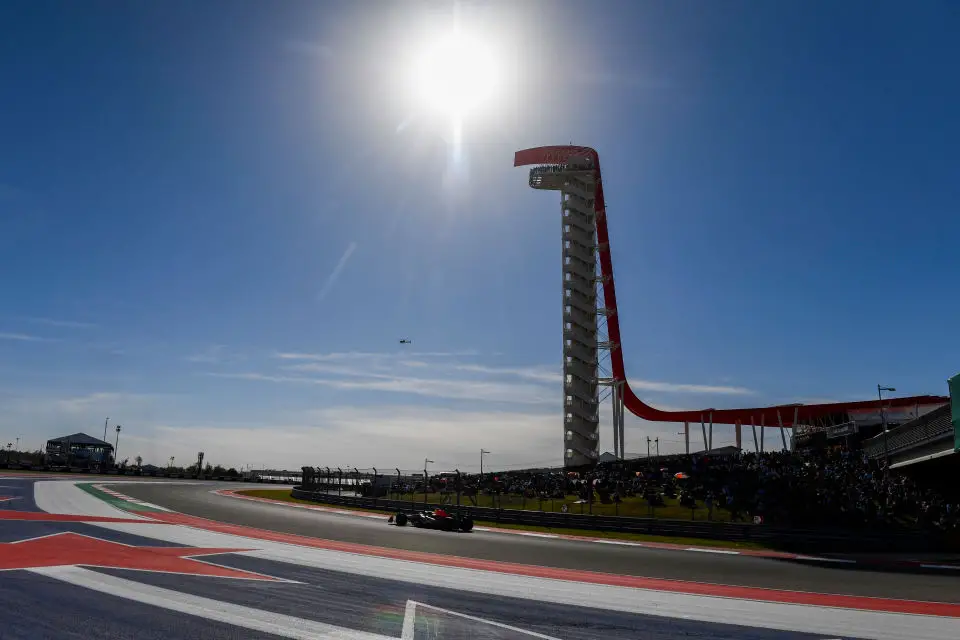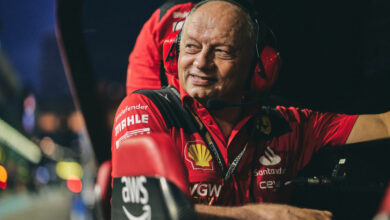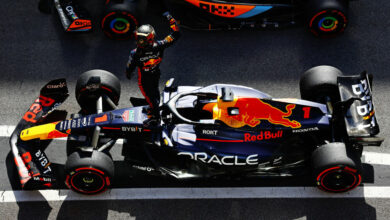F1 News: Haas Sparks FIA Review Over Track Limits at U.S. Grand Prix
Haas F1’s challenge to the FIA on track limit breaches during the U.S. Grand Prix could lead to a significant reassessment of the race results. The team’s petition for a review, backed by on-board footage, raises questions over the adequacy of current monitoring systems.
Key Takeaways:
- Petition for Review: The Haas F1 Team’s formal request for the FIA to review alleged track limit infringements at the U.S. Grand Prix is grounded in on-board footage, suggesting several drivers breached the rules.
- Insufficient Monitoring Admitted: The FIA acknowledged that the monitoring systems at Turn 6 of the Circuit of the Americas were not fully adequate to police track limits effectively, leading to potential oversight of some infringements.
- Potential Championship Impact: If the FIA decides to apply penalties retrospectively, the race results could change dramatically, impacting the drivers’ standings and potentially benefiting Haas’ Nico Hulkenberg in the drivers’ championship.

The conclusion of the U.S. Grand Prix at the Circuit of the Americas marked not just the end of a race, but the beginning of a significant challenge by the Haas F1 Team. Their contention revolves around what they perceive as blatant track limit violations by several drivers, which, they argue, went unnoticed by the race officials.
This proactive stance by Haas underscores a broader issue within the sport – the effectiveness of current systems in place to monitor and enforce track limits. The FIA’s admission that the camera setup at Turn 6 was not optimal for this purpose adds weight to Haas’ claim, indicating that some infractions may have indeed been missed.
The core of Haas’ argument rests on the detailed on-board footage, which they believe shows clear evidence of the infringements. This evidence is not only a tool to challenge the U.S. Grand Prix results but also serves as a catalyst for a broader discussion about the reliability and adequacy of current monitoring technologies in F1 racing.
The implications of this challenge are significant. Should the FIA find merit in Haas’ petition and decide to impose retrospective penalties, the outcome could have a substantial impact on the drivers’ standings. Notably, drivers like Sergio Perez, Alex Albon, Logan Sargeant, and Lance Stroll could face repercussions, potentially altering the final race positions and benefiting Haas’ own Nico Hulkenberg.
This situation brings to light the delicate balance in Formula 1 between technological advancements, sporting regulations, and the quest for fairness. As the FIA deliberates over Haas’ petition, the decision will not only affect the U.S. Grand Prix results but could also set a precedent for how similar situations are handled in the future.


